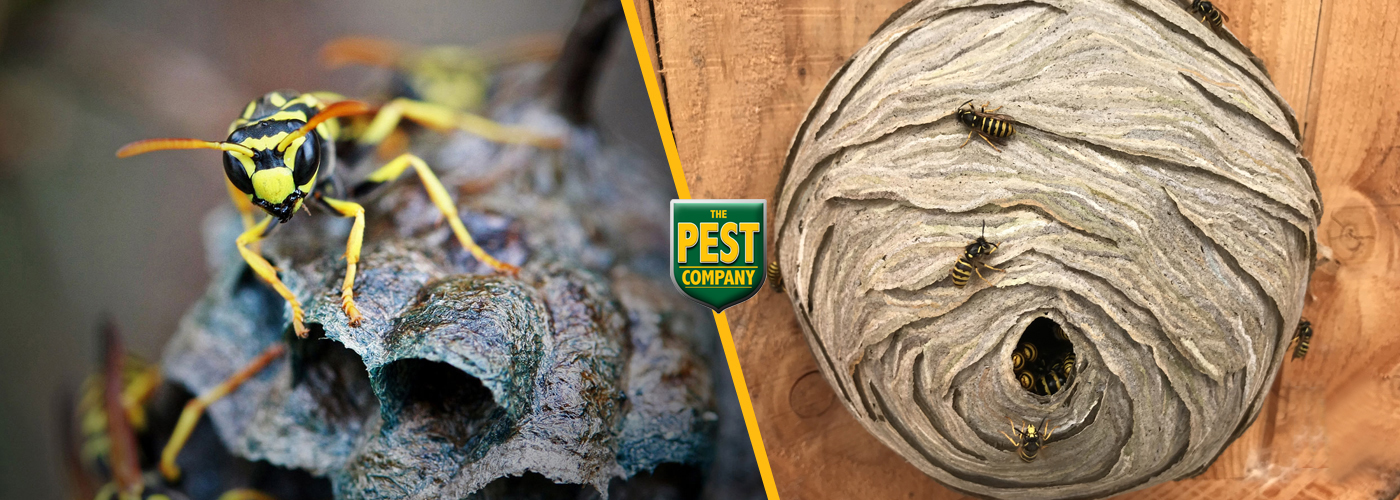
Local wasp nest removal specialist company Middlesbrough
If you have suffered a pest problem, you will know that it can cause more than just an inconvenience. Many animals which take up residence in homes are actively destructive of your property and possessions, can be fatal to human. The unsanitary conditions resulting from the nesting of certain creatures put your family at risk of various illnesses.
We are The Pest Company in Middlesbrough carrying out wasp nest removal for almost 20 years. There are some lovely old houses and gardens in the Middlesbrough area and it is a pleasure to be able to play a small part in keeping them safe and well maintained that is local wasp nest removal specialist company Middlesbrough.
As a family business with over twenty years’ experience in the control and eradication of unwanted insect such as wasp , the pest control is the company to call for a prompt (usually same day) response, and a comprehensive and cost effective service that is local wasp nest removal specialist company Middlesbrough. We tailor our wasp nest removal services to meet each customer’s individual requirements, 24 hours a day, 365 days a year.
Wasps: wasps are parasites, and feed on nectar only as adults. Many wasps are predatory; use other insects (often paralyzed) as food for their larvae.
Wasp nest treatment is important if the nest poses a significant risk like if it’s located inside your home or another location that you visit regularly, or if someone is allergic to wasp stings.
Common types of wasps found in South Shields:
- German Wasp (Grey nest)
- Tree Wasp, Very aggressive not common
- Norwegian Wasp, Not found in southern England.
- Cuckoo Wasp
Life cycle of Wasps: The queen wasp emerges from hibernation in the spring and builds a round nest 2-3 ins. in diameter from chewed wood pulp which is obtained from dead trees, fences, etc. This nest will contain a small number of cells into which the queen lays her eggs, one per cell. The eggs hatch into larvae and are fed by the queen fragments of insects (the Queen herself feeds on nectar). The cells hang downwards and the larvae are prevented from falling out by keeping part of their bodies in the egg cavity which was glued to the ceiling of the cell when laid by the queen. After pupation workers (sterile females) emerge and take over the running of the nest from the queen who devotes the rest of her life to egg laying. This occurs late June to early July. The nest can grow considerably during this time and may at its peak, contain 10-15,000 wasps.
Wasp nest removal: If you want to remove the wasp nest then we recommend you wait at least 4 weeks before doing so. In a lot of cases the wasp nest is not accessible. The nest may be in a cavity wall that cannot be seen.
So call us for the service today.
To contact, call us on 07375 554760 or email us on contact@thepestcompany.com.
